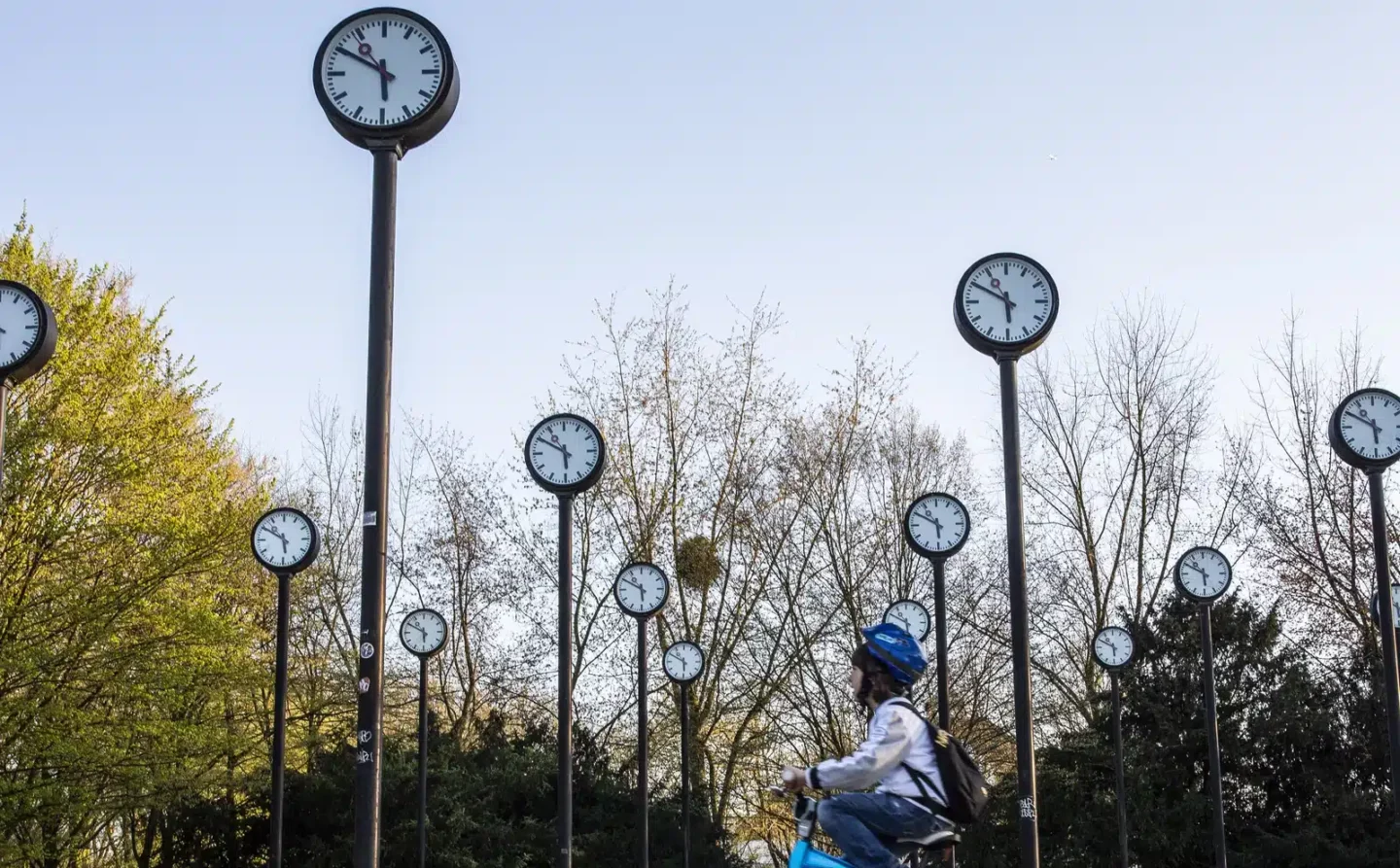By Ben Newmark
A few years ago, there was a national newspaper feature about a group of thirty and forty-somethings who’d moved to a European country for a sort of early-early retirement.
They had ‘de-complicated’ their lives.
Rather than chase progress – promotions, higher wages, increased status -they had decided to focus on being happy in the here and now.
It meant lower wages and less time at work in exchange for more time to appreciate life; more time to read, have hobbies, conversation, personal relationships.
While superficially nice, the feature bothered me.
Firstly, I was cynical about how they’d managed it and felt they probably had all sorts of privileges that weren’t acknowledged in the article, a bit like those Grand Designs episodes in which everybody is quiet about where the millions of pounds funding the projects are coming from.
There was something else, too – but I couldn’t put my finger on it until a couple of weeks later when I read a letter to the paper someone had sent in about the feature.
It said something like this: “As a busy older retiree this lifestyle seems a waste to me. What I think most people need is a reason to get up in the morning.”
A reason to get up in the morning – as soon as I read that I was able to frame my instinctive unease.
I’m reminded of this now by articles like this one, which claim Generation Z may be deliberately dropping out of conventional success metrics to pursue more realistic personal goals.
If true – and I’m not sure it is true – it’s understandable.
Post-pandemic there really does seem to have been an erosion in the old social contract.
Amid rising living costs, increased retirement ages and falling wages, it’s entirely reasonable to question the work hard-get on orthodoxy. Perhaps it really is a lie, designed to keep people doing what they are told by those who benefit from their labour. If the game is rigged, why play at all?
If correct, then the most demanding but lowest paid jobs will be those people want to do least – and this is how things appear to be playing out.
Nursing, social work and teaching are all in crisis because when people can do other things, they don’t seem to choose these jobs.
After all, if working hard in them won’t benefit you, why do it? Why do an intense job with long hours that leaves you little time to pursue your side-hustles and other interests if you can do a lower-stress job for shorter hours? If you can early-early retire, then why not?
More teachers asking this question is causing more teachers to ask this question.
Experienced teachers are publicly second-guessing their life choices on social media platforms– saying things like “I’ve been teaching twenty years and I’m looking at the people I went to university with earning more money than me, more holidays, better cars, closer to retirement and I wonder if I made the wrong decision.”
Did they? Have I? Have we all?
Here’s why I don’t think so.
Teaching has never been easy. How could it ever be?
We wrestle with complicated problems, and we deal with thousands of complicated people.
We work in places where simple solutions are usually wrong and even the right ones come wrapped with questions about whether these were the best decisions we could have made. Are the problems we solved the ones we should have focused on? What about all the other problems we haven’t had time to address properly?
There’s so much to do! So hard to know what to do! So hard to know whether what we’re doing is working!
The mine of data in School Surveys and TeacherTapp shows how much we think about all of these things. And how much it matters to us all. Nobody got into this because they thought it would be an easy ride.
Even when the data about teaching is depressing (and it sometimes is) it’s never cynical. It always shows that people just want to do their jobs better and in contexts which enable this.
Teaching has always been like this, because the deal is always that your personal success will be wrapped up with the success of others.
When things go well, it’s because someone else has done well. When things go badly, it’s because it’s gone badly for someone else, and it’s both the burden and privilege of teaching that those who do it see this happen live and not just in abstracted reports or figures on a spreadsheet.
Teaching is at heart a job of service. This might be the one core belief that really does unite everyone regardless of their other differences.
That said, we shouldn’t be too precious or self-satisfied. Other jobs are also like this. Paramedics, Physiotherapists, Nurses, Doctors, Midwives, Carers and Health Visitors.
Police Officers and Fire Officers. Social Workers and Foster Parents.
And also, teachers.
Of course, service alone isn’t enough. Saying that teachers should persevere and sacrifice themselves for the good of others is as infuriating to hear as it is self-defeating and wrong.
Many who decide to leave after years in teaching, do so for fair reason. In many cases, they too want to ‘de-complicate’ their lives.
But of those who walk away, few do so because they think, “This job isn’t important anymore”. Nobody serious ever says it’s a waste of time.
So we should let these people go with respect. They have contributed – they have served. We’re thankful and they should always go with our best wishes.
Meanwhile, those of us left in the mire of this beautiful, complicated teaching life, we can say that what we do is important. And that is, and always will be, a good reason to get up in the morning.



